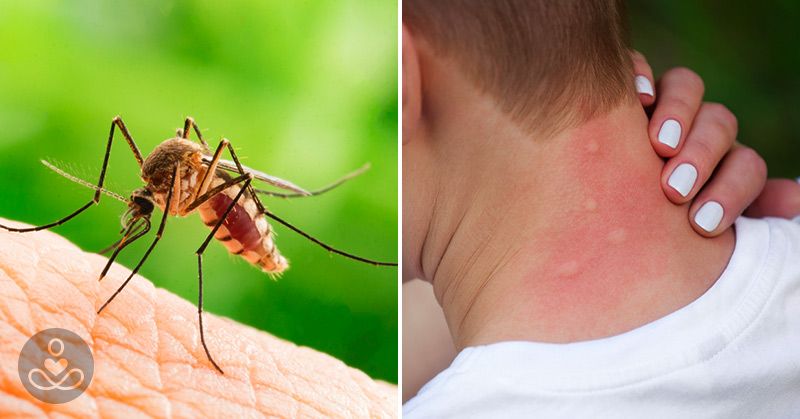Nearly everyone is sensitive to mosquito bites. But for those with severe allergies, symptoms can be more than just annoying: They can be serious. Most bites occur at either dusk or dawn when mosquitoes are most active. While male mosquitoes are harmless — feeding only on nectar and water — female mosquitoes are out for blood. A female mosquito locks onto her victim using a combination of scent, exhaled carbon dioxide, and chemicals in the person’s sweat.
Understanding Skeeter syndrome
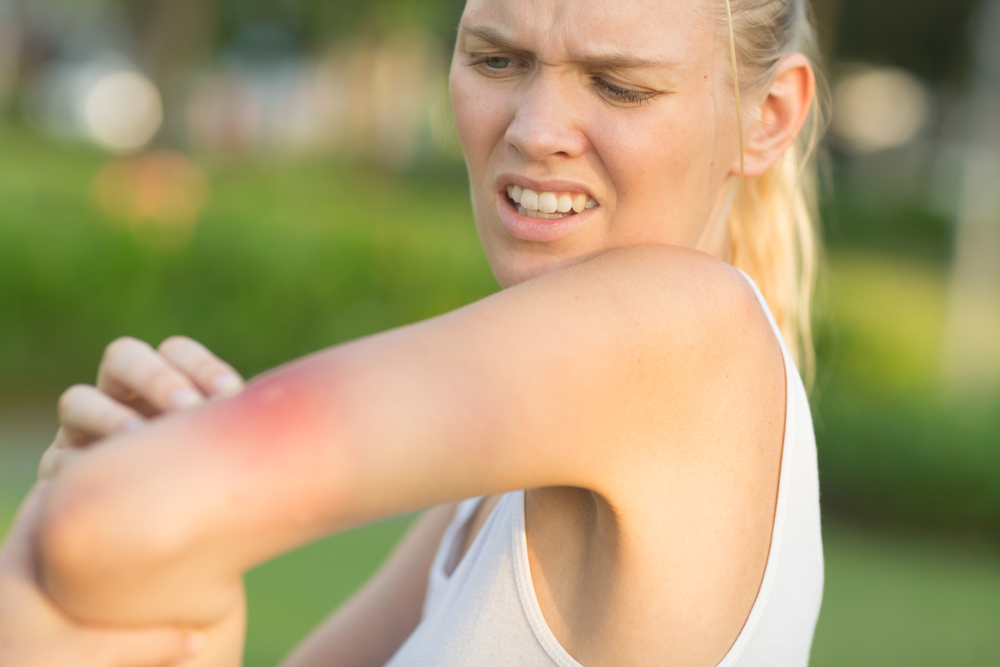
When she finds a suitable meal, she lands on an area of exposed skin and inserts her proboscis to draw the victim’s blood. The proboscis is the long, flexible tube extruding from her head, and it’s capable of piercing human skin. The common symptoms — a red bump and itching — aren’t caused by the bite itself but by the reaction of your body’s immune system to proteins in the mosquito’s saliva. This reaction is also known as Skeeter syndrome. Learn more about Skeeter syndrome and whether an encounter with mosquitoes might be potentially harmful.
Read More: Rub This Peppermint and Baking Soda Mixture Anywhere You Need Relief From Mosquito and Bug Bites
Risk factors for mosquito bites and Skeeter syndrome
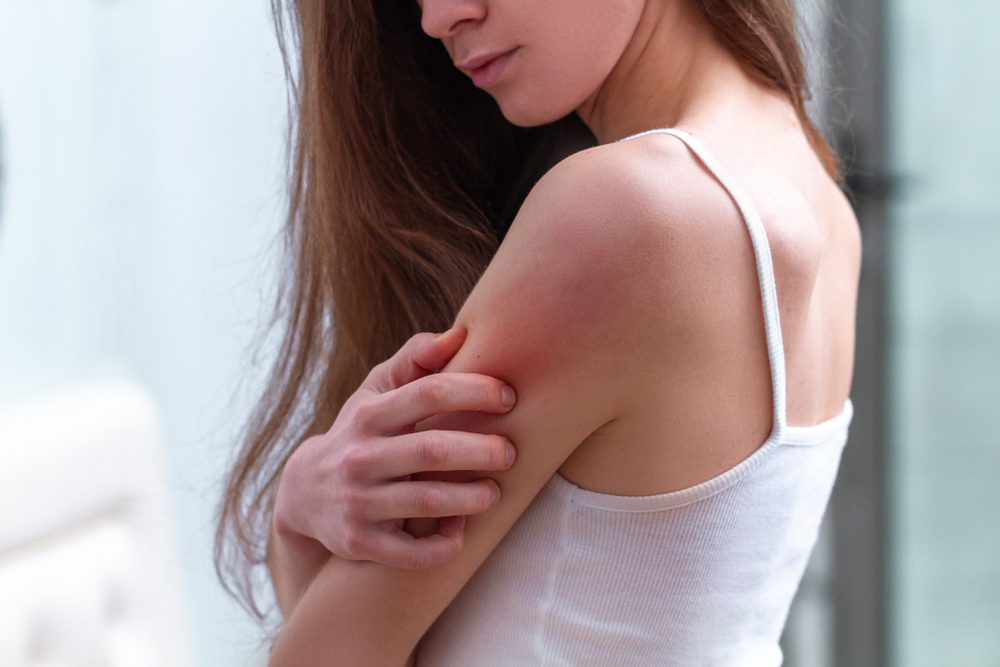
Mosquitoes appear to prefer certain victims over others, including:
- men
- pregnant women
- people who are overweight or obese
- people with type O blood
- people who have recently exercised
- people who emit higher amounts of uric acid, lactic acid, and ammonia
- people who have recently drunk beer
Also, because mosquitoes are attracted to heat, wearing dark colors may make you more likely to be bitten. This is because dark colors absorb heat. People living in humid, tropical climates or swamplands are also at greater risk for bites.
Some people, such as younger children, have a greater risk of an allergic reaction. People with allergies to some of the components of mosquito saliva, such as proteins and antimicrobial agents, may also be at a greater risk of developing Skeeter syndrome.
Recognizing mosquito bites
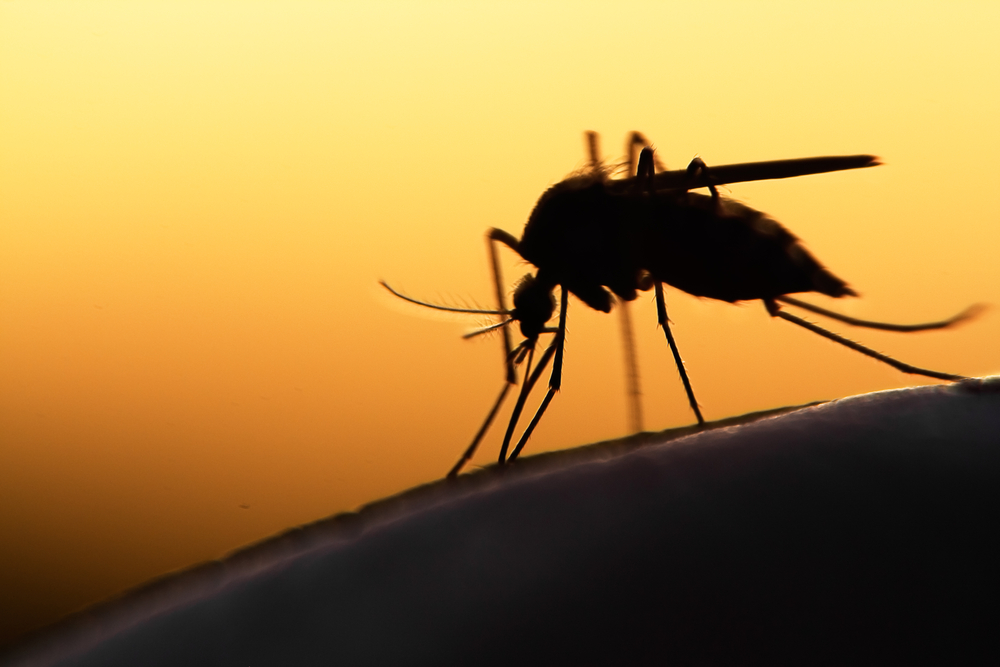
The more times a person has been bitten by mosquitoes, the more likely it is that they’ll become desensitized over time. That means adults typically have less serious reactions to mosquito bites than children do.
Common symptoms of mosquito bites include soft bumps on the skin that may become pink, red, and itchy. In most cases, redness and puffiness appear minutes after the mosquito punctures the skin. A firm, dark red bump often appears the next day, although these symptoms may occur up to 48 hours after the initial bite. According to the American Academy of Allergy, Asthma, & Immunology (AAAAI), contact with a mosquito must be six seconds or longer to produce a reaction.
As your mosquito bite heals, the itching sensation will fade, and the skin will gradually take on a less red or pink hue until it returns to its normal color. This usually takes about three to four days. Swelling will also go down after about a week. A typical mosquito bite is less than a ½-inch across. Learn more about how to recognize bug bites.
Allergic reactions and emergency symptoms
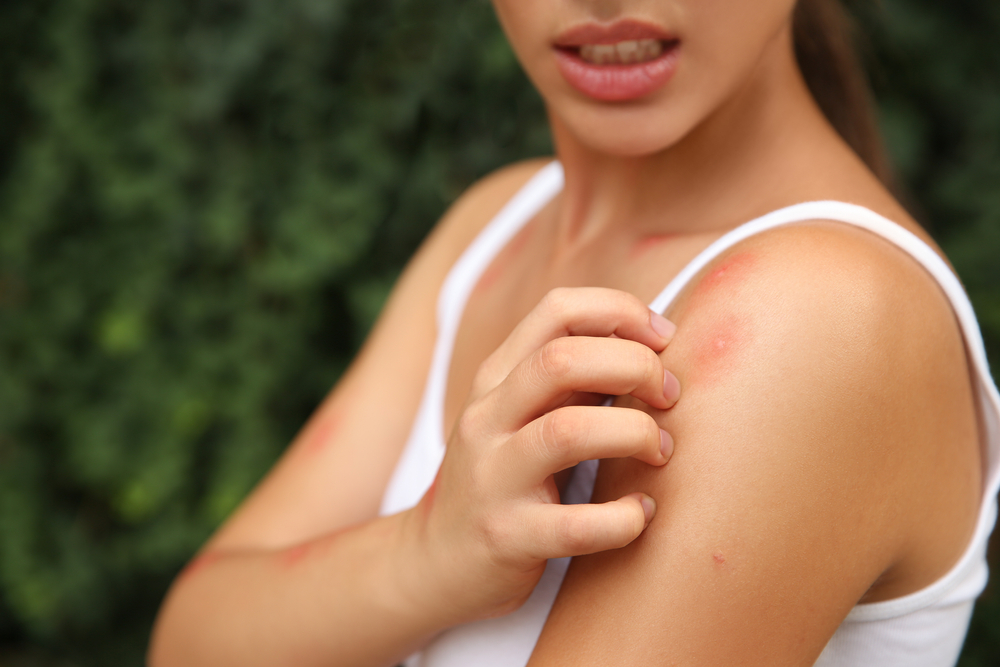
Significantly larger mosquito bites, especially if they’re bigger than a quarter, maybe one of the symptoms of a more severe allergic reaction. These symptoms can include:
- a large area of itching
- lesions
- bruises near the site of the bite
- lymphangitis, or inflammation of the lymph system
- hives at or around the bite
- anaphylaxis is a rare, life-threatening condition that results in swelling in the throat and wheezing; it requires immediate medical attention
Seek emergency medical attention if you notice any of the following symptoms, as they may be signs of a more severe condition:
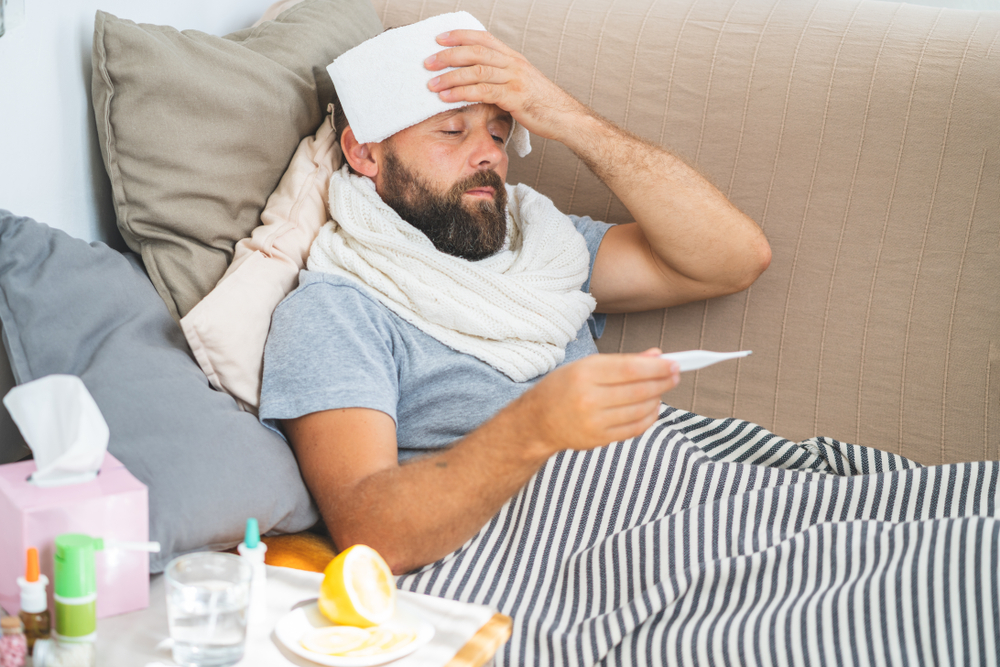
- fever
- severe headache
- nausea or vomiting
- rash
- fatigue
- light sensitivity
- confusion
- neurological changes, such as muscle weakness on one side of your body
Preventing mosquito bites
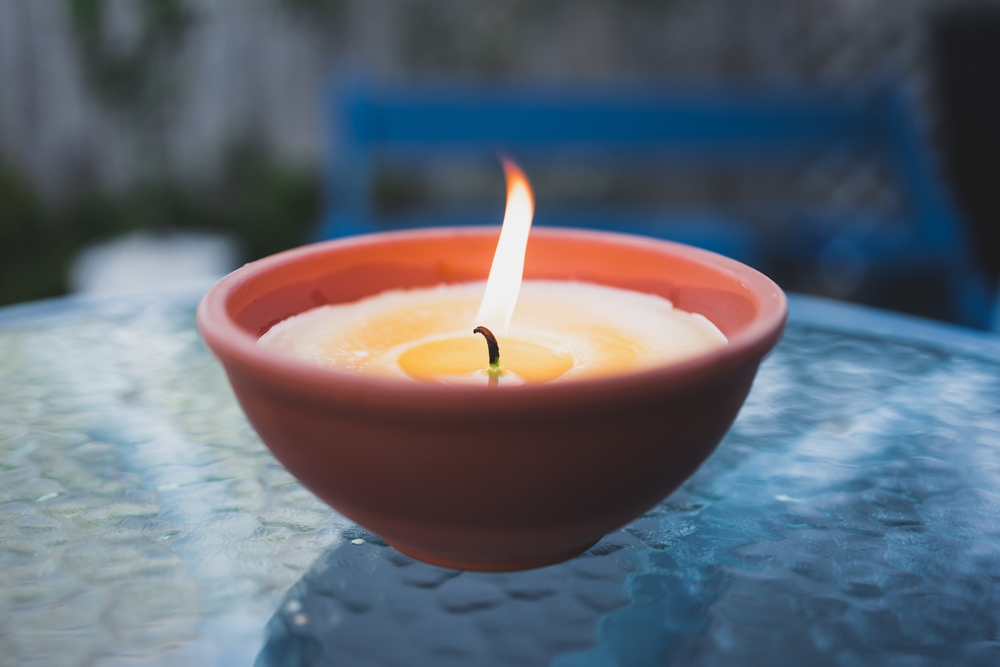
As with other allergies, prevention is the best approach. Mosquitoes require standing or stagnant water to breed. If possible, avoid standing water, especially at dusk and dawn when mosquitoes are most active.
Eliminate standing water around the home by:
- unclogging rain gutters
- emptying children’s pools
- cleaning birdbaths
- emptying unused containers such as flower pots
Other ways to prevent mosquito bites include:
- wearing protective, light-colored clothing such as long-sleeved shirts, long pants, socks, and a wide-brimmed hat
- repairing holes in window or door screens
- using citronella-scented candles in outdoor areas or campsites
Methods to avoid
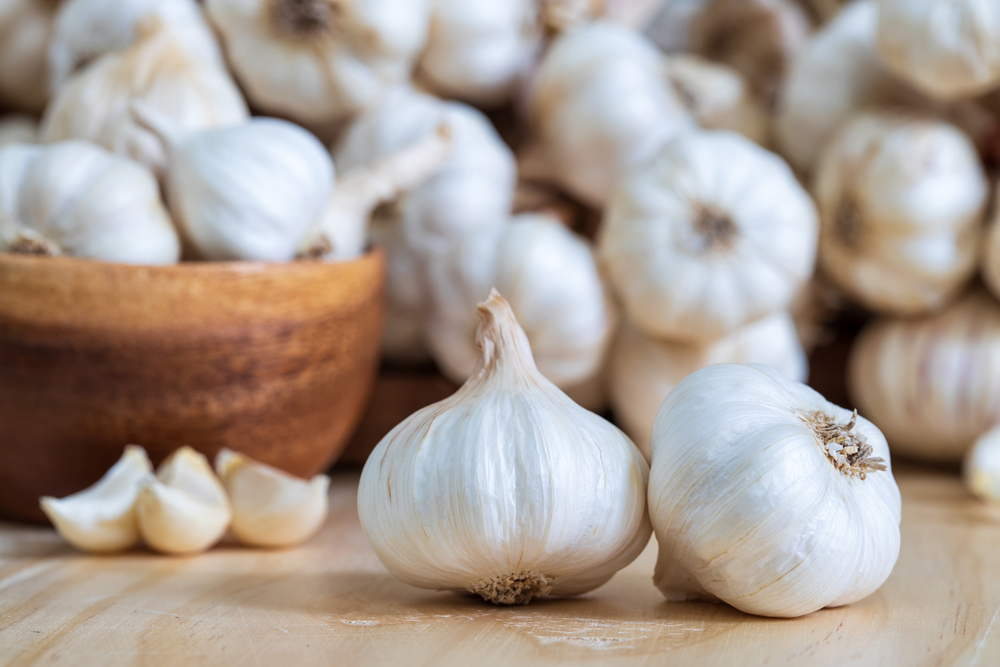
Don’t use any of the following home remedies to help prevent mosquito bites, as there’s no evidence that they’re effective:
- thiamine
- garlic
- vitamin B supplements
- vanilla extract
- scented perfumes
Treatment for mosquito bites
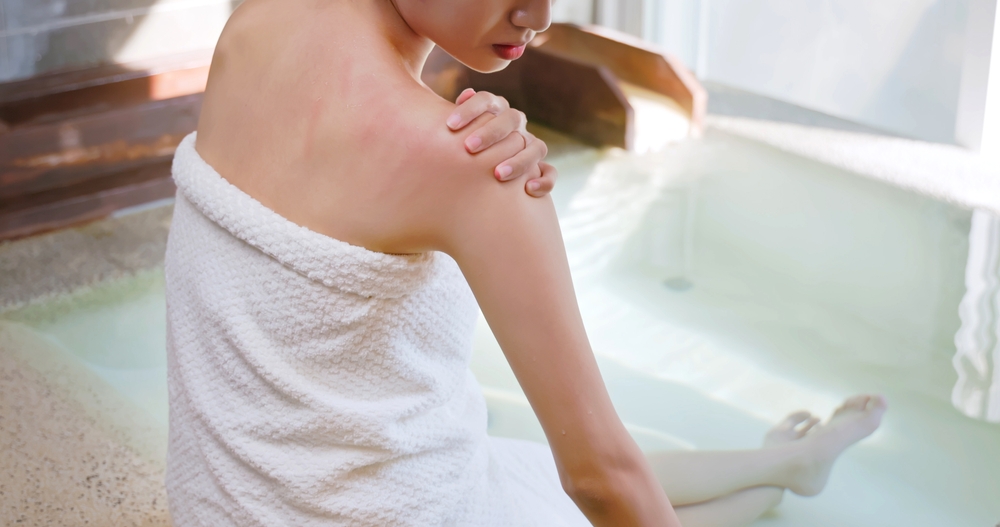
Even the best preventive measures probably won’t protect you from all bites. In the case of a normal reaction, a cold pack or ice cubes may help relieve symptoms. For more serious allergic reactions, the following treatments may be used:
- a cool bath without soap
- an epinephrine auto-injector (EpiPen) to have on hand in case of anaphylaxis
Home remedies
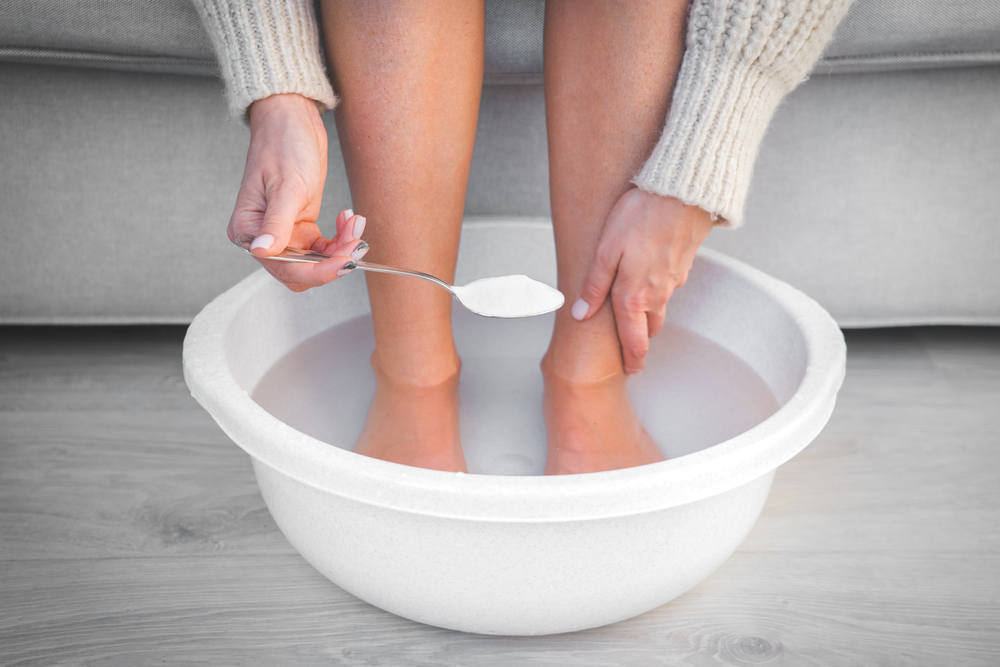
Try some of these home remedies for mosquito bite symptoms:
- Wash the bite area a few times a day
- Apply a cold, wet cloth to the bite area for a few minutes at a time to relieve swelling.
- Take a warm oatmeal bath to relieve itching.
- Apply a solution of baking soda and water a few times a day until swelling and itching subside.
- Push down on the bite with your fingernail or another blunt object, such as the lid of a pen, for 10 seconds to temporarily relieve itching.
You don’t need to keep the bite covered, but putting a bandage over it can prevent you from scratching the bite. A bandage can also help stop infections if the bite wound opens and scabs over.
Read More: The Surprising Reasons Why Mosquitoes Bite Some People and Don’t Touch Others
Complications of mosquito bites
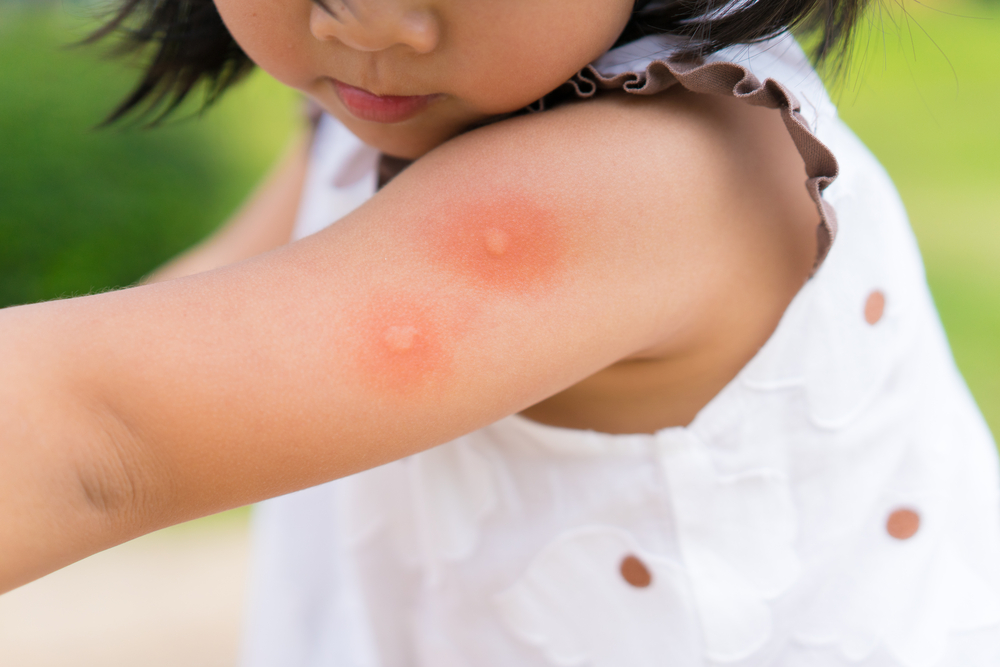
Possible complications of untreated mosquito bites can include:
- swelling
- fluid-filled blisters
- welts
- impetigo, or infection of the bite area
- cellulitis, or infection in nearby skin
- lymphangitis
- sepsis, a dangerous form of body inflammation
Allergic reactions aren’t the only concern regarding mosquito bites. Mosquitoes can also transmit serious diseases, such as:
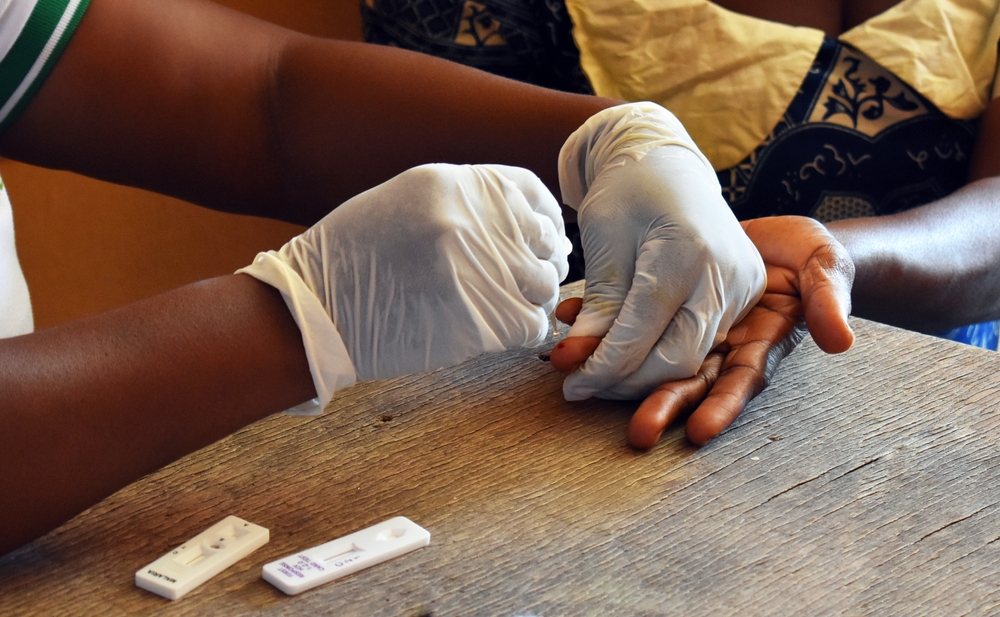
- malaria
- dengue fever
- encephalitis, or brain infection
- yellow fever
- West Nile virus
- Zika virus
- meningitis, or brain and spinal cord inflammation
These mosquito-borne diseases have potentially life-threatening complications, even though the symptoms may only last for a few days or not seem severe. Zika virus has been linked to severe birth defects in the children of women who get infected with the virus while pregnant, and West Nile virus can be deadly.
Seek emergency medical treatment right away if you notice any of the following symptoms after a mosquito bite:
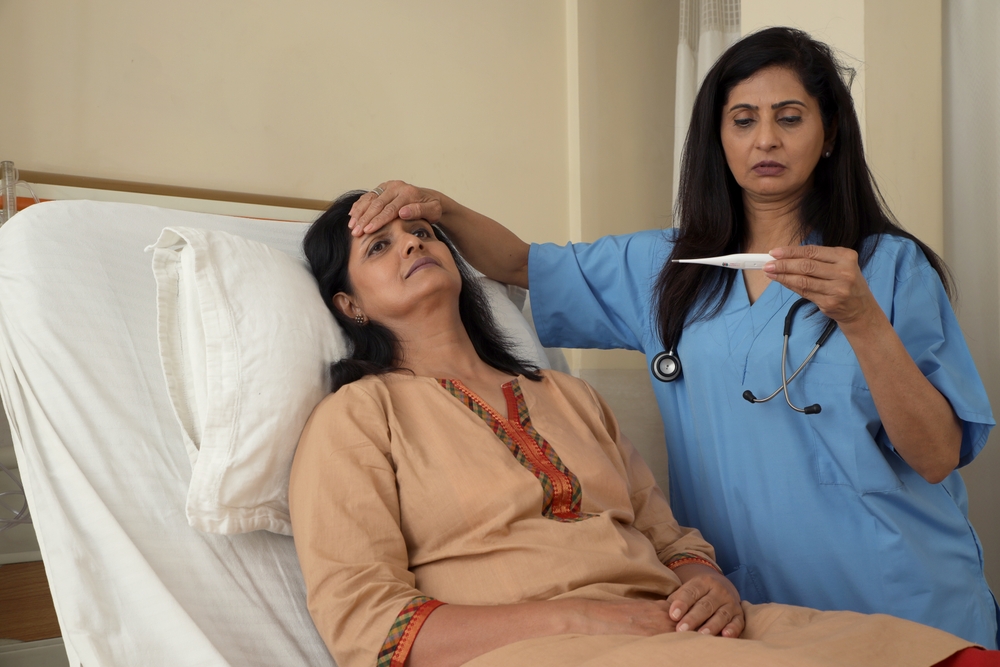
- a fever of 101°F (38.3°C) or higher
- rash
- conjunctivitis, or eye redness
- pain in your muscles and joints
- feeling exhausted
- persistent headache
- difficulty breathing because of anaphylaxis
Outlook for Skeeter syndrome
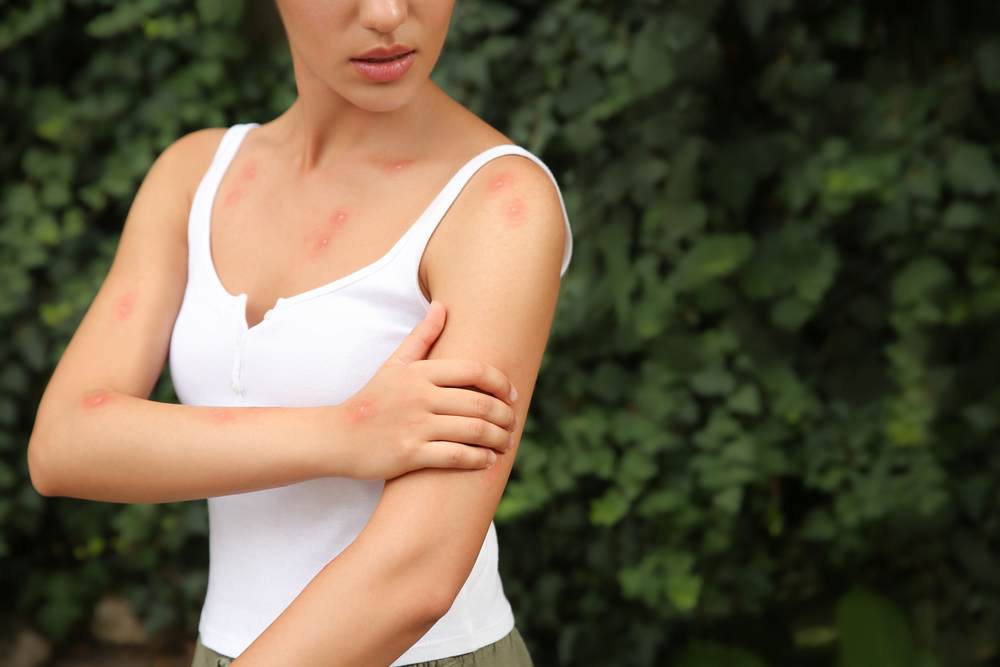
Skeeter syndrome is rare, but the allergic reaction can be serious enough to warrant immediate medical treatment. If you have a mosquito bite allergy, you may consider ongoing treatment from an allergy specialist — especially if you live in mosquito-prone areas. An allergy specialist may be able to conduct a skin prick test to isolate what part of mosquito saliva you’re allergic to and develop an immunotherapy plan.
This usually consists of getting small injections of your allergen, over the course of several months or years, until you build immunity. Skeeter syndrome doesn’t cause long-term illnesses or lifestyle intrusions when properly managed. Just be aware of mosquitoes around you and have the right tools on hand in case you get bitten.
Read More: How to Make an Effective Mosquito Traps with Everyday Items
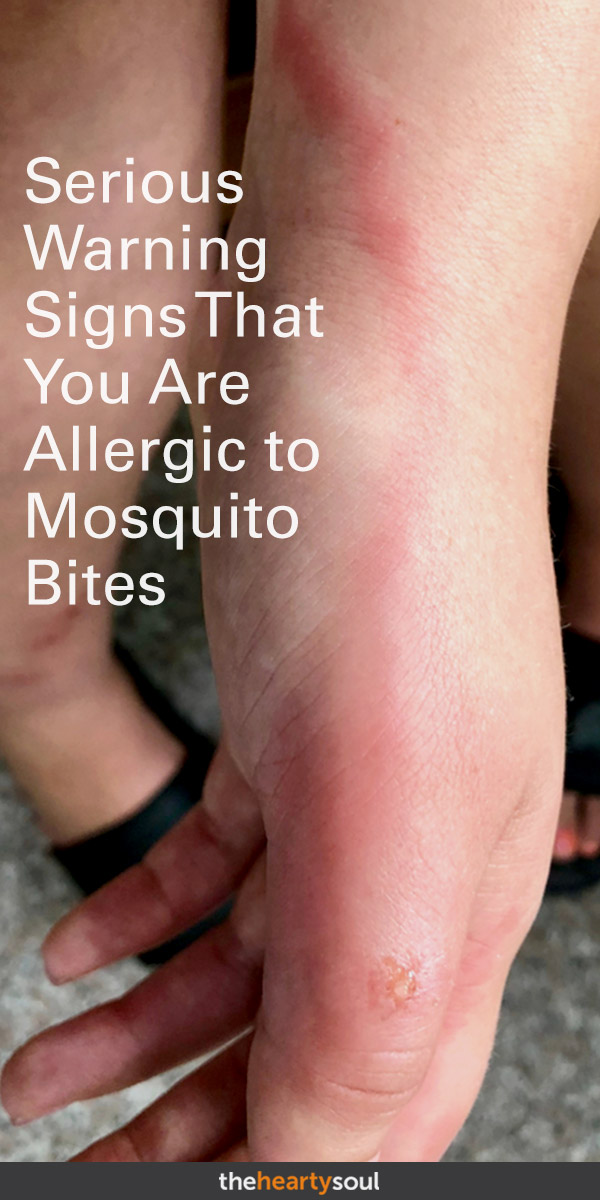
Sources
- An insect bite bigger than a quarter – should you go see a doctor? (2015).
healthcare.utah.edu/the-scope/shows.php?shows=0_dd6yn2u2 - Avoiding bug bites while travelling. (2018).
health.govt.nz/your-health/healthy-living/travelling/avoiding-bug-bites-while-travelling - Congenital Zika syndrome and other birth defects. (2018).
cdc.gov/pregnancy/zika/testing-follow-up/zika-syndrome-birth-defects.html - Gray L. (2011). When mosquitoes bite, take antihistamines for relief.
washington.edu/news/2011/08/02/when-mosquitoes-bite-take-antihistamines-for-relief/ - Home remedies. (n.d.).
labs.russell.wisc.edu/mosquitosite/preventing-mosquito-bites/home-remedies/ - Lieberman P. (2013). Mosquito allergy.
aaaai.org/ask-the-expert/mosquito-allergy.aspx - Lieberman P. (2013). Thiamine as a prevention of insect bites.
aaaai.org/ask-the-expert/thiamine-insect-bites - Mayo Clinic Staff. (2018). Allergy skin tests.
mayoclinic.org/tests-procedures/allergy-tests/about/pac-20392895 - Mayo Clinic Staff. (2015). Mosquito bites: Symptoms and causes.
mayoclinic.org/diseases-conditions/mosquito-bites/symptoms-causes/syc-20375310 - Mosquito bite. (2018).
seattlechildrens.org/medical-conditions/symptom-index/mosquito-bite/ - Mosquito-borne diseases. (n.d.).
mosquito.org/page/diseases - Prevent mosquito bites. (2018).
cdc.gov/features/stopmosquitoes/index.html - Repellents. (n.d.).
mosquito.org/page/repellents - Singh S, et al. (2013). Insect bite reaction. DOI:
doi.org/10.4103/0378-6323.107629 - Take a bite out of mosquito stings. (n.d).
aaaai.org/conditions-and-treatments/library/allergy-library/taking-a-bite-out-of-mosquitoes - Transmission methods. (2018).
cdc.gov/zika/prevention/transmission-methods.html - Zika virus [Fact sheet]. (2016).
who.int/mediacentre/factsheets/zika/en/
